Serbia to Buy $335 Million Worth of Advanced Weapons Systems from Israel
In a significant move that has drawn attention from global defense and political circles, Serbia has announced plans to purchase $335 million worth of advanced weapons systems from Israel. This deal marks a major step in Serbia’s military modernization efforts and strengthens its defense capabilities, while also highlighting the complex geopolitical relationships in the Balkans.
The purchase, which is set to include a variety of advanced military equipment, including air defense systems, drones, and precision-guided munitions, is seen as a response to both regional security concerns and Serbia’s aspirations to modernize its military forces. This agreement has raised eyebrows not only because of the scale of the deal but also due to the potential diplomatic ramifications within the region and beyond.
Key Components of the Weapons Systems Deal
The $335 million deal will primarily focus on the acquisition of cutting-edge weapons systems designed to enhance Serbia’s defense capabilities, particularly in the air and surveillance domains. According to reports, some of the systems included in the package are advanced air defense missile systems, long-range drones, and a range of modern weapons technology to bolster Serbia’s existing military infrastructure.
While specific details of the systems have not been fully disclosed, it is widely believed that the deal will include highly sophisticated equipment that will enhance Serbia’s ability to monitor and defend its airspace and borders. The purchase of drones and missile defense systems also signals a shift towards acquiring more modern and high-tech assets, moving away from older Soviet-era equipment that has long been the backbone of the Serbian military.
This purchase is part of a broader trend in Serbia’s defense procurement strategy, which has focused on increasing the country’s military capabilities amid rising regional tensions. Serbia has long maintained a policy of military neutrality, but it is clear that the country is seeking to modernize its armed forces to respond to evolving security challenges.
Strategic Implications for Serbia
The deal with Israel represents a critical component of Serbia’s broader defense and foreign policy strategy. Israel has long been recognized as a leader in advanced military technology, and its weapons systems are highly sought after by countries looking to modernize their defense forces. By purchasing these advanced systems, Serbia is signaling its intent to enhance its military independence and secure its borders more effectively.
Serbia’s decision to procure Israeli weapons also reflects its desire to strengthen its relationship with Israel, which has become an increasingly important partner in defense and technology. Despite Serbia’s traditionally close ties with Russia, Israel has offered advanced defense technology that is considered to be among the best in the world. The deal underscores Serbia’s increasingly diversified foreign policy, as it seeks to balance its relationships with both Western and Eastern powers.
Additionally, the weapons systems deal is likely to boost Serbia’s deterrence capabilities in the face of regional instability, particularly with respect to its ongoing tensions with Kosovo and the broader Western Balkans. Serbia has been wary of NATO’s expansion in the region, and the acquisition of advanced military technologies could serve as a means to enhance its self-defense capabilities against perceived external threats.
Geopolitical Reactions to the Deal
Serbia’s decision to buy weapons from Israel has garnered mixed reactions from various international players. On the one hand, Israel’s defense industry is highly respected, and the country has a long history of selling advanced weapons to countries worldwide. The deal is seen by many as an opportunity for Serbia to enhance its military capabilities without directly antagonizing its neighbors, given that Israel is not a member of NATO and has a relatively neutral stance in Balkan geopolitics.
However, the deal also comes at a time of heightened tensions in the Balkans, particularly in relation to Kosovo and Serbia’s relationship with the European Union (EU) and NATO. While Serbia has maintained its policy of military neutrality, many in the West view the deal as a reflection of Serbia’s growing ties with countries outside the EU and NATO framework. The EU has expressed concerns about Serbia’s continued military build-up and its balancing act between its military ties with Russia and its aspirations for European integration.
The United States and European Union have both voiced concerns about Serbia’s ongoing defense collaborations with Russia, especially in light of the ongoing war in Ukraine. Serbia has maintained strong political and military ties with Russia, particularly when it comes to defense cooperation. The new weapons deal with Israel, however, could complicate these relationships, especially if the West views the acquisition as a signal that Serbia is diversifying its military alliances in ways that may not align with Western interests.
Israel’s Growing Influence in the Balkans
For Israel, the deal with Serbia is part of a broader strategy to expand its influence in the Balkans and strengthen military relationships with countries outside its traditional sphere of allies. Israel has been increasingly active in the region, selling advanced defense systems to countries in the Middle East, Africa, and Europe. This deal highlights Israel’s ability to maintain military and defense relationships with a diverse range of countries, irrespective of their geopolitical affiliations.
Israel’s defense exports have become a cornerstone of its foreign policy, and its ability to provide advanced military technology, including air defense systems and drones, has made it a sought-after partner in many regions. By securing a deal with Serbia, Israel not only strengthens its position in the Balkans but also sends a signal to other nations in the region that it is open to providing cutting-edge military technology to countries seeking to modernize their defense forces.
Potential Implications for NATO and EU Integration
Serbia’s purchase of advanced weapons systems from Israel could have implications for its ongoing efforts to join the European Union (EU) and its relationship with NATO. While Serbia has not yet been granted EU membership, it has been in talks with the union for several years, and its defense policies are a key component of these negotiations.
Serbia’s military ties with Russia, along with its purchase of advanced Israeli weapons, have created a delicate balancing act for the country as it navigates its future in Europe. The EU has long encouraged Serbia to reduce its reliance on Russia in terms of military alliances and defense procurements, and the purchase of Israeli weapons could be seen as a step in this direction. However, it could also raise concerns within the EU and NATO, particularly if the West perceives Serbia’s military modernization efforts as an attempt to align itself more closely with countries outside the EU framework.
Moreover, Serbia’s long-standing opposition to Kosovo’s independence remains a key point of tension with the EU and NATO. As Serbia continues to modernize its military, including through this new weapons deal with Israel, the EU may increase pressure on Serbia to align its defense and foreign policies with EU norms, which could ultimately affect the country’s aspirations for EU membership.
In Conclusion
Serbia’s $335 million purchase of advanced weapons systems from Israel represents a major step in the country’s efforts to modernize its military and strengthen its defense capabilities. The deal highlights Serbia’s strategic intent to diversify its defense partnerships and reduce its reliance on traditional military allies. It also signals Israel’s growing influence in the Balkans, as the country continues to provide cutting-edge military technology to nations seeking to enhance their defense systems.
As the situation evolves, the geopolitical implications of this deal will continue to unfold, particularly in the context of Serbia’s delicate balancing act between its European aspirations and its historic ties to Russia. The deal with Israel could be a pivotal moment in Serbia’s defense strategy, shaping its future military and diplomatic landscape for years to come.
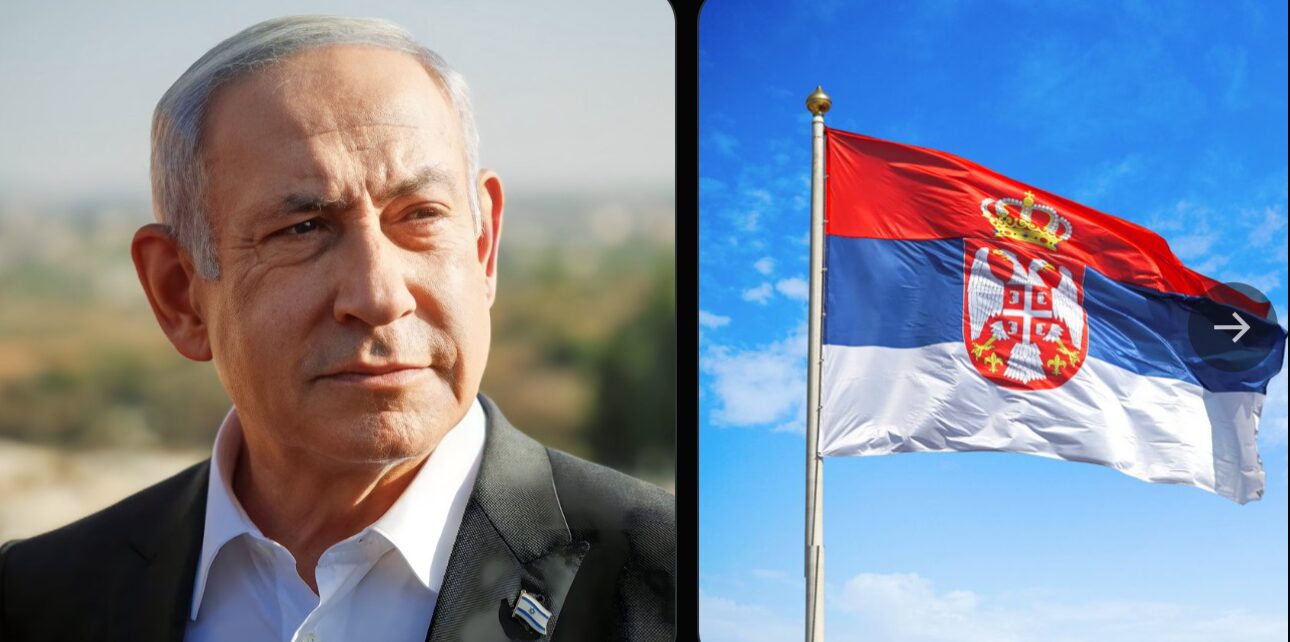

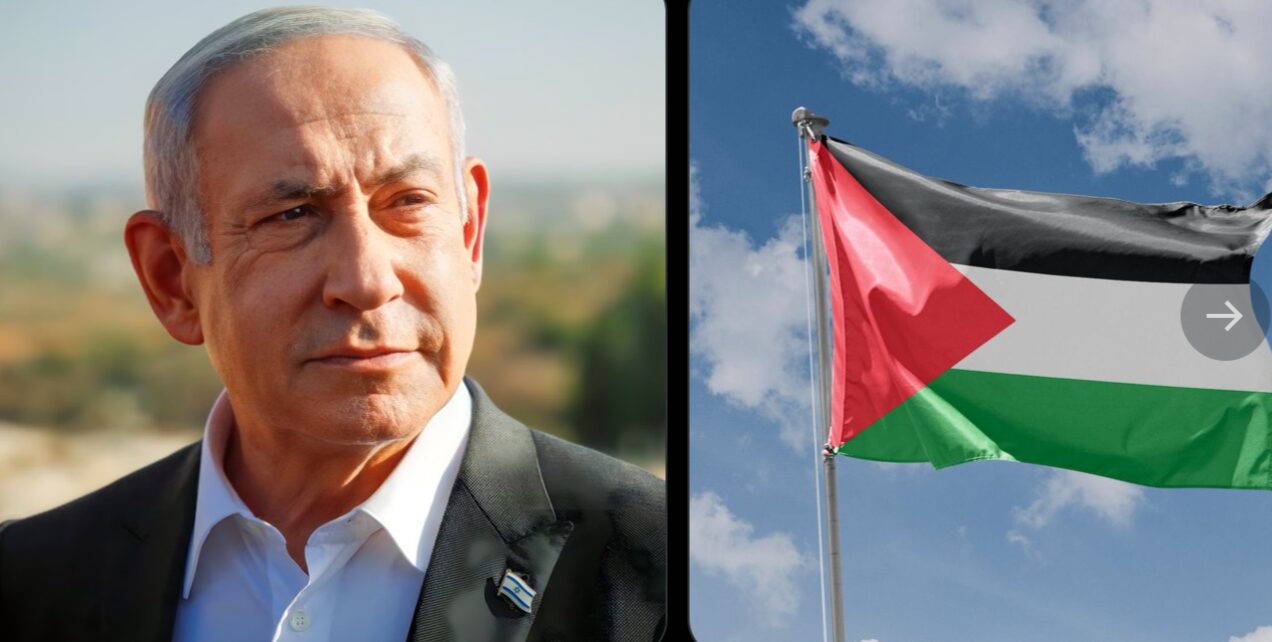
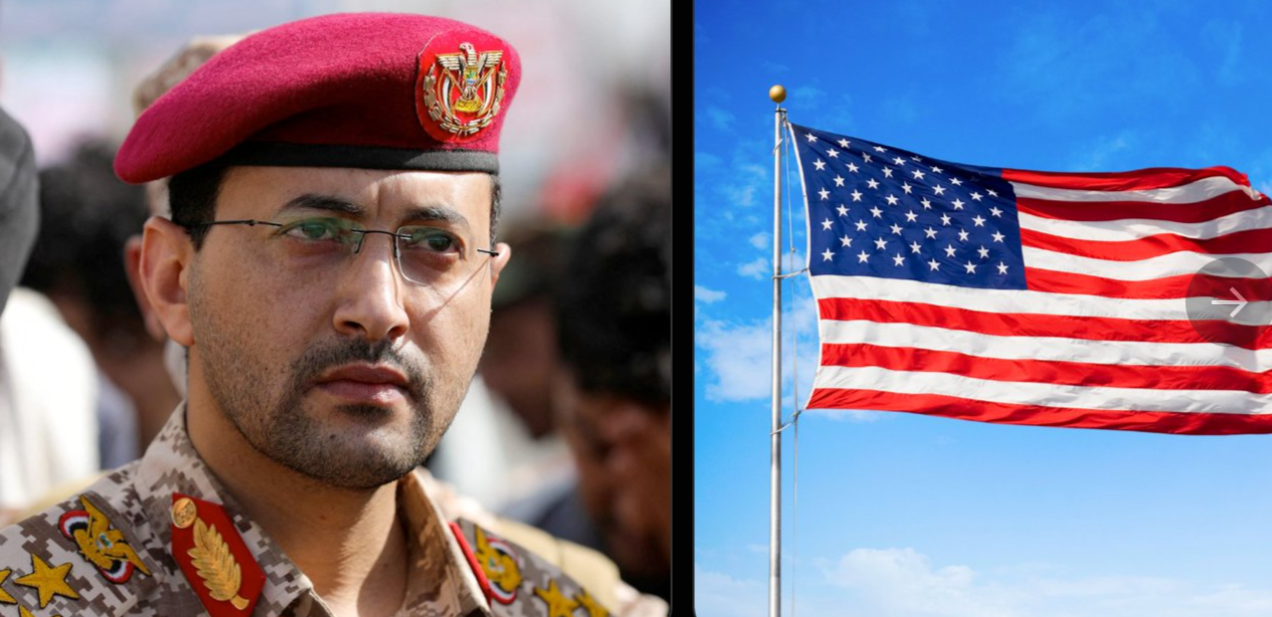

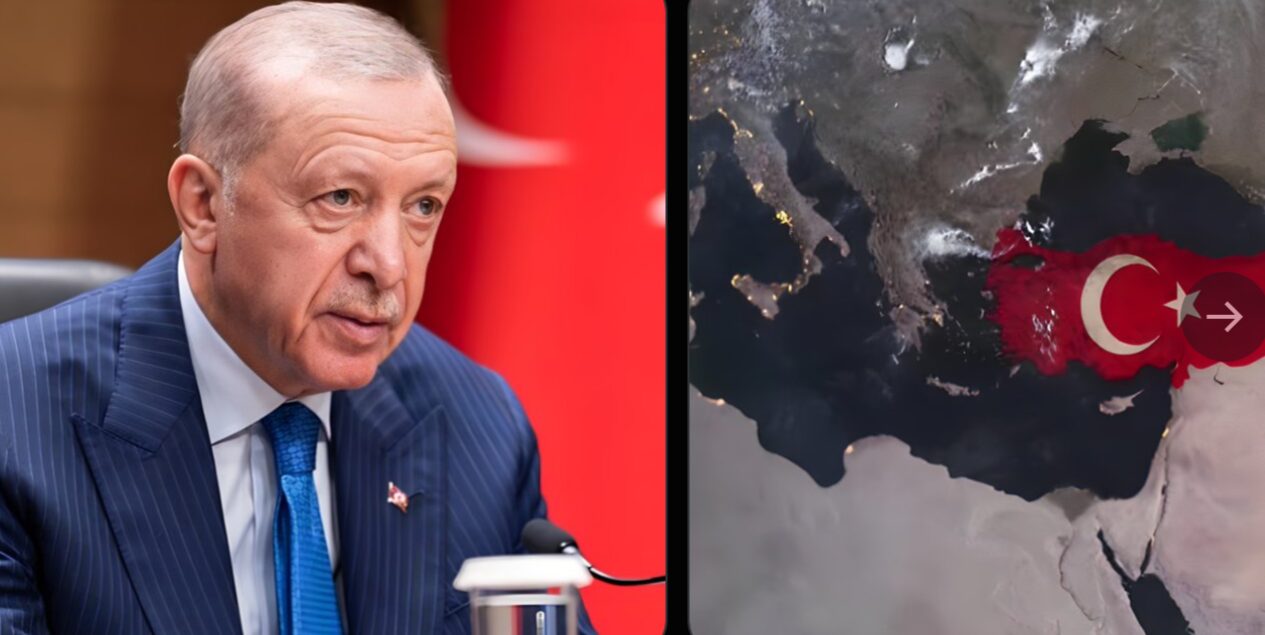

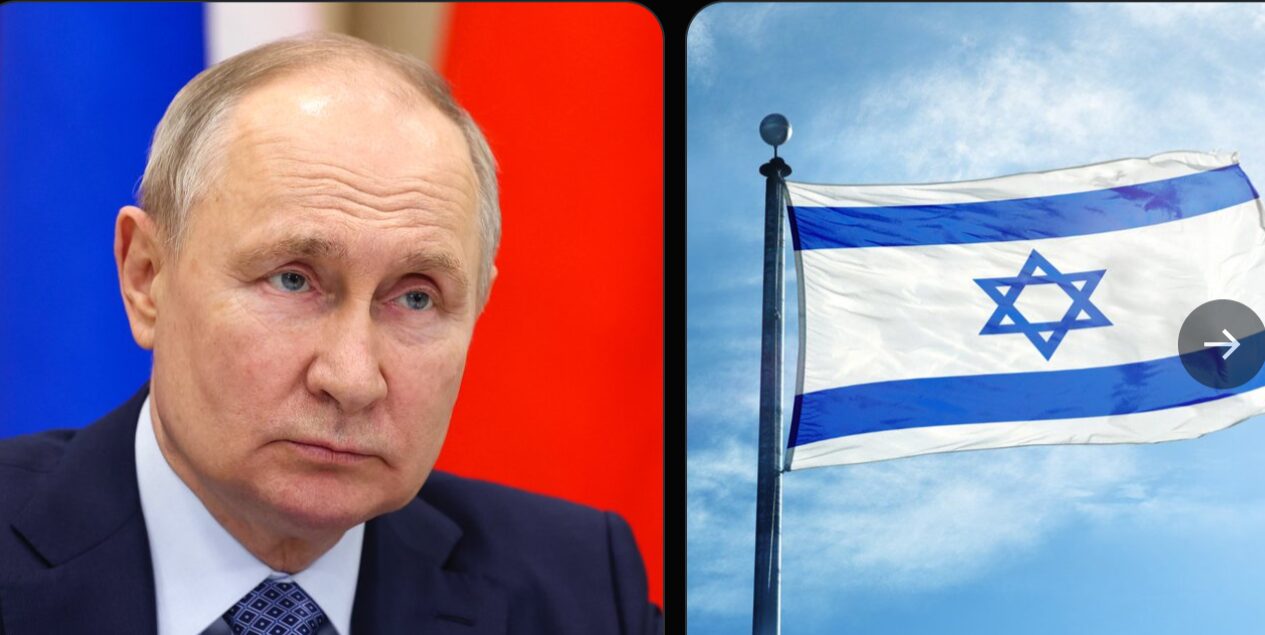
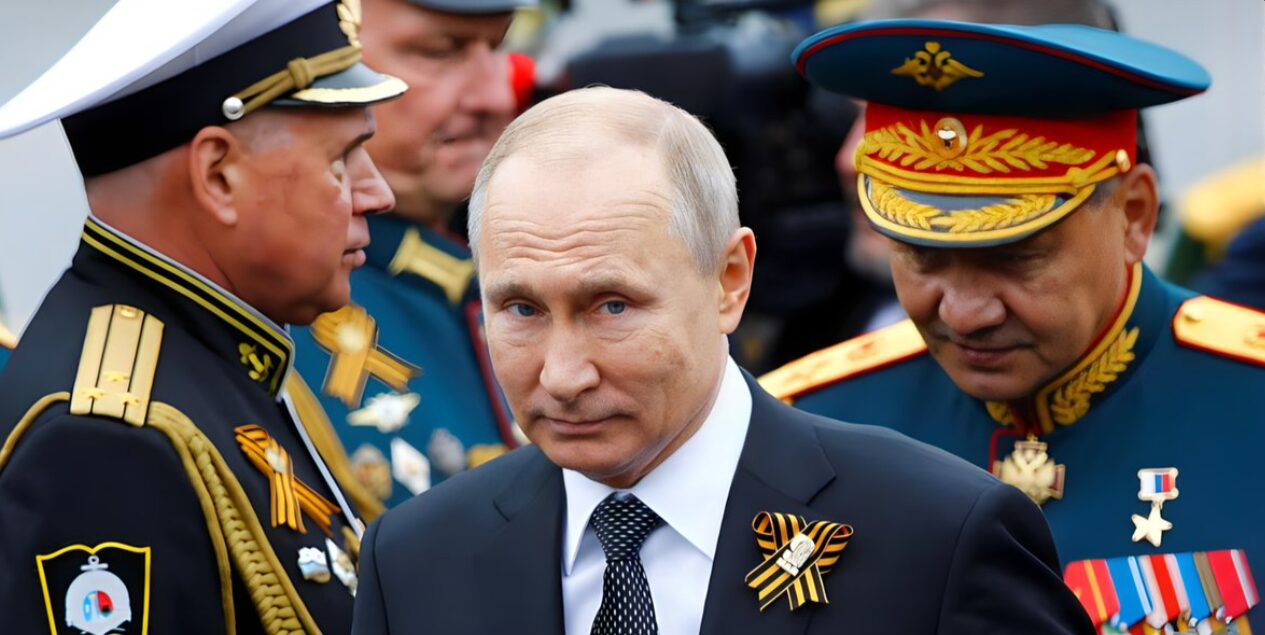








Post Comment